Dealing with car damage can throw a wrench into your daily life. Whether it’s a minor fender bender or a major collision, needing car repairs is stressful, especially when you’re juggling work, family, and everything else. One of the first questions on everyone’s mind is: how long is car repair going to take? Knowing what to expect in terms of car repair time can significantly reduce stress and help you plan accordingly.
For over two decades, Car Repair Online has been dedicated to providing clear and helpful information about auto body repairs, from hail damage to major collisions. We understand that a crucial part of a positive repair experience is setting realistic expectations. This guide will delve into the typical car repair time, covering average durations for different types of damage, the stages involved in the repair process, and the various factors that can influence how long car repairs actually take.
Keep reading to gain a comprehensive understanding of how long car repair is likely to take for your vehicle.
Average Car Repair Time: What to Expect
If you’re asking yourself, “Exactly how long is car repair going to take?”, the honest answer is: it depends. The average auto body repair time can range from just a few hours to several weeks, or even longer, depending on a variety of factors. The severity of the damage is a primary driver, but the type of car, insurance processes, and parts availability also play significant roles in determining how long your car repair will last.
Because the timeframe for car repair time can vary so widely, we’ve compiled a straightforward table outlining average repair times for different levels of damage. This will give you a clearer picture of how long car repair might take in your specific situation.
| Type of Collision Repair | Average Time to Fix |
|---|---|
| Minor Collision Repair | 1-3 days |
| Major Collision Repair | 1 to 3 weeks |
| Paintless Dent Repair | 1-2 days |
| Bumper Repair/Replacement | 1-3 days |
| Fender Repair/Replacement | 1-4 days |
| Door Repair/Replacement | 2-4 days |
| Glass Replacement | 1-2 days |
| Suspension Repair | 2-3 days |
| Frame Straightening | 4 days – 2 weeks |
| Paint Repair (minor) | 2-4 days |
| Paint Repair (major) | 1-2 weeks |
| Airbag Replacement | 2-5 days |
| Engine Repair/Replacement | 1-4 weeks |
| Full Vehicle Restoration | 4-8 weeks or longer |
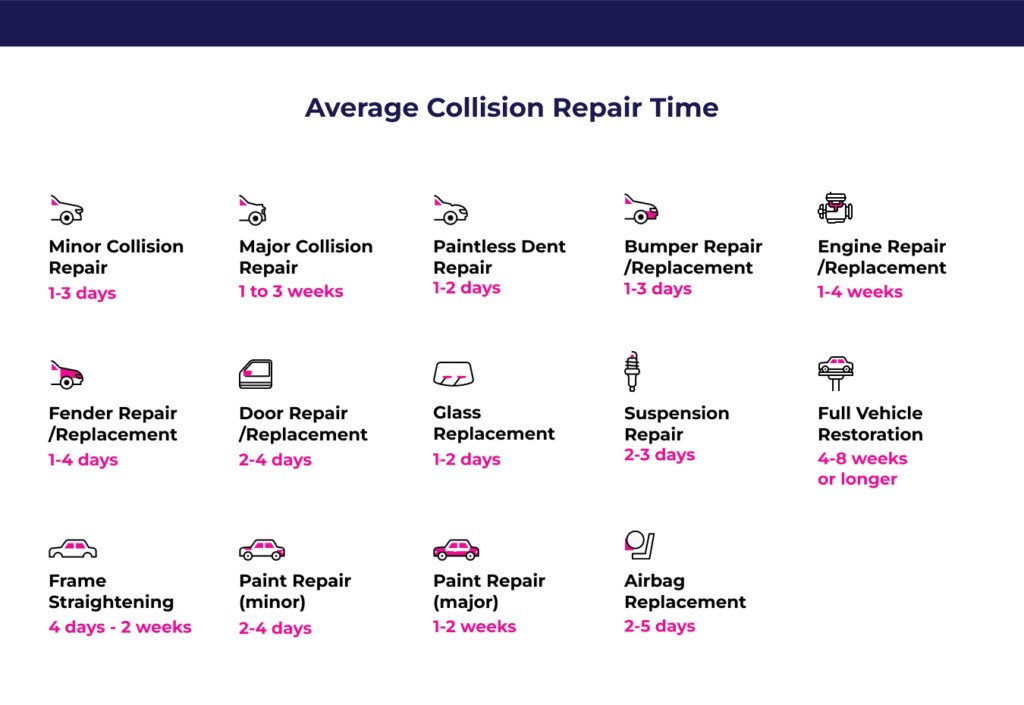


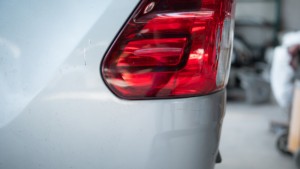

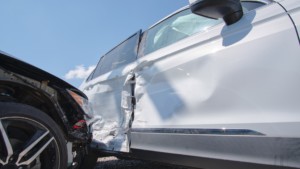
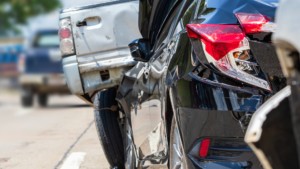
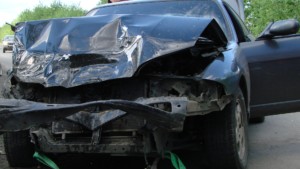


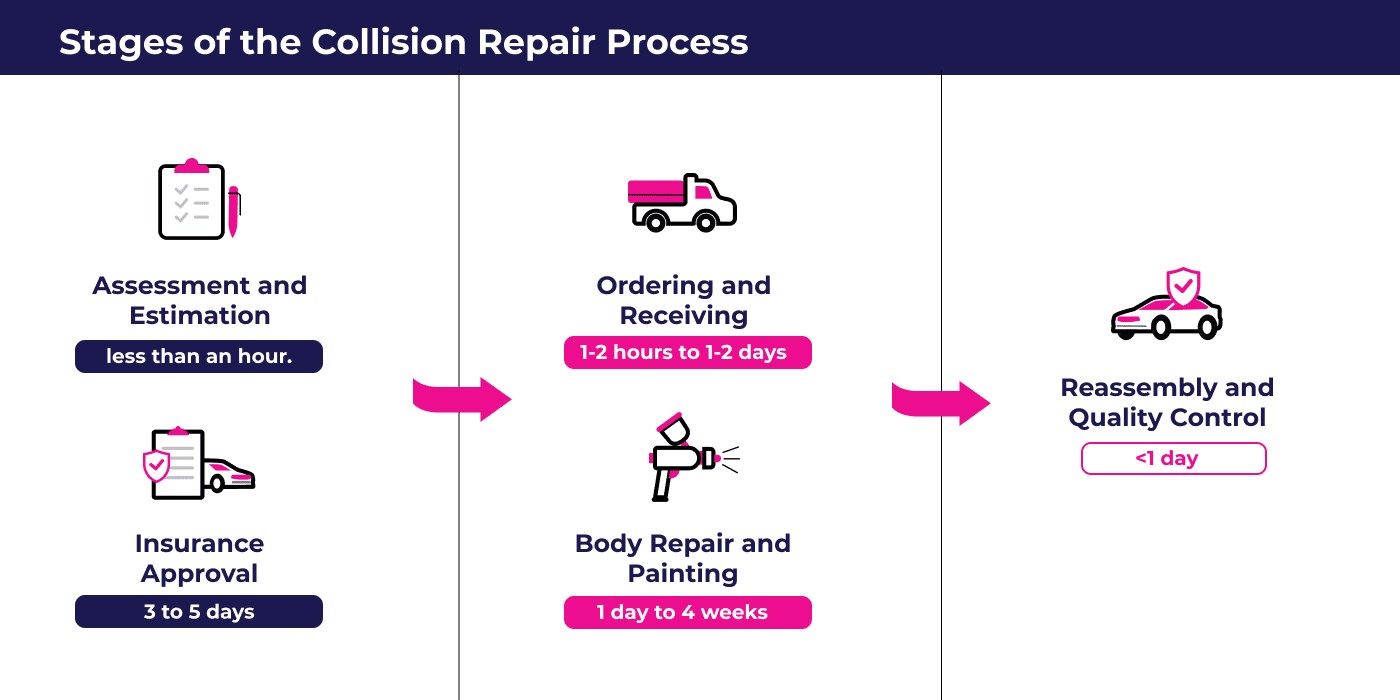
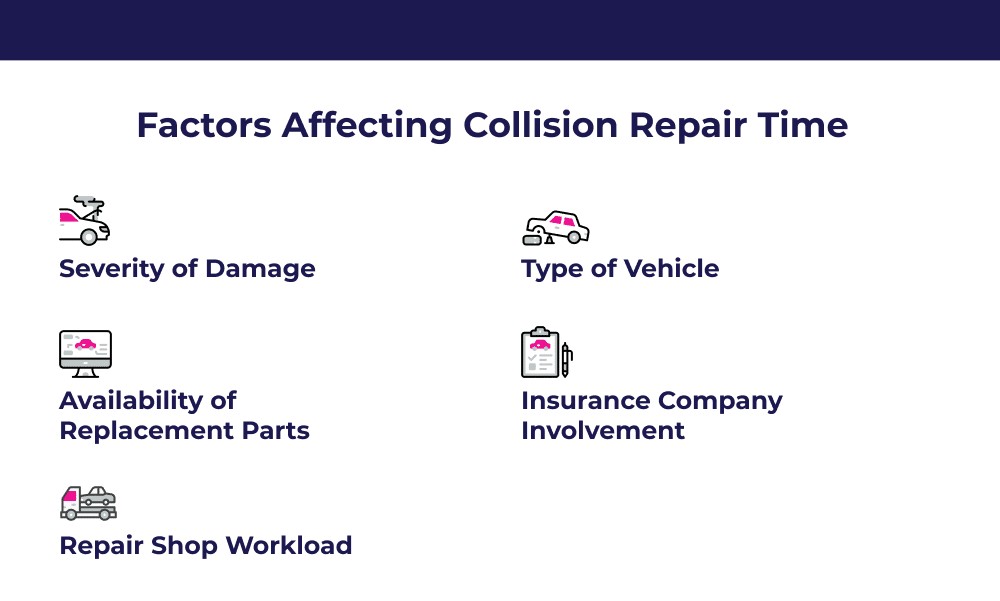
Minor vs. Major Car Repair Time: Breaking it Down
To better understand how long car repair will take, it’s helpful to differentiate between minor and major repairs. The extent of the damage directly impacts the complexity and therefore the car repair time.
Minor Car Repair: Quick Fixes
Minor car repairs typically take between 1 to 3 days. These are usually simpler fixes addressing cosmetic damage that doesn’t affect the structural integrity of your vehicle. Examples of minor repairs include:
- Small dents: Like those from car doors or shopping carts.
- Scratches: Superficial scratches to the paintwork.
- Minor bumper damage: Scuffs or small cracks in the bumper.
These types of repairs are quicker because they are less labor-intensive and often require only cosmetic adjustments. With the right tools and readily available parts, the actual repair work can often be completed in just a few hours, making the overall car repair time relatively short.
Example Scenarios:
- Shopping Cart Collision
- Tree Branch Scratches
- Minor Scratches from Road Debris
Major Car Repair: More Complex Issues
Major car repairs, on the other hand, can take anywhere from 1 to 3 weeks. These repairs address more significant damage that impacts the vehicle’s structure or essential systems. Examples of major repairs include:
- Frame damage: Damage to the car’s underlying frame structure.
- Mechanical problems: Issues with the engine, transmission, or suspension.
- Airbag replacement: Deployment of airbags requiring replacement.
Major repairs are more time-consuming because they demand specialized work, potentially involve ordering less common parts, and require more extensive labor. This naturally extends the car repair time significantly.
Example Scenarios:
- Rear-End Collision
- Side-Impact (T-Bone) Collision
- Parking Lot Collision with a Pole or Barrier
Severe Collision Damage: Extended Repair Times
In cases of very severe damage, such as extensive frame damage or when parts are difficult to source, car repair time can exceed 3 weeks. The more extensive the damage, the longer it will logically take to properly repair your vehicle.
Example Scenarios:
- High-Speed Head-On Collision
- Rollover Accident
- Severe Side-Impact (T-Bone) Collision at High Speed
Stages of the Car Repair Process: From Estimate to Completion
To fully grasp how long car repair might take, understanding the typical stages involved in the collision repair process is essential. Each stage contributes to the overall car repair time.
Assessment and Estimation
The initial step in any car repair is the damage assessment and estimate. A repair shop technician will thoroughly examine your vehicle to identify all damage, determine the necessary repairs, and estimate both the car repair time and the cost. Photos and paperwork are completed, and a detailed repair estimate is provided to you.
Typical Timeframe: While some shops may take a day or longer for a comprehensive estimate, Car Repair Online strives to provide free estimates in under an hour, recognizing the importance of quickly understanding how long car repair will take.
Insurance Approval
If you’re filing an insurance claim for the repairs, the insurance company will need to review and approve the repair estimate. This stage can involve negotiation regarding repair procedures, costs, and necessary parts. The insurance company needs to confirm vehicle repairability and the fairness of the estimated costs, which can add to the overall car repair time.
Typical Timeframe: 3 to 5 days for insurance review and approval.
Ordering and Receiving Parts (If Needed)
Depending on the damage and the make and model of your car, the repair shop may need to order replacement parts. The availability of these parts significantly impacts how long car repair takes. Common parts might be sourced quickly, while specialized or less common parts can take longer to arrive.
Typical Timeframe: Part ordering can range from a couple of hours to 1-2 days, or potentially longer for rare parts.
Body Repair and Painting
This is the core repair stage where technicians perform the actual repairs. This includes restoring the vehicle to factory specifications, ensuring structural integrity, removing dents, replacing damaged panels, and applying a premium paint finish to match your car’s original color. The complexity of the damage directly affects how long this stage of car repair takes.
Typical Timeframe: Body repair and painting can range from 1 day to 4 weeks, depending on the extent of the damage and other factors like paint matching and drying times.
Reassembly and Quality Control
Once the bodywork and painting are complete, the vehicle is reassembled. Detail pieces, moldings, and trim are reinstalled. Crucially, a thorough quality control inspection is performed. This includes washing and cleaning the vehicle, inspecting the repairs for quality and finish, and testing all vehicle systems for safety and performance. This ensures everything is working correctly and that the car repair time has resulted in a safe and properly functioning vehicle.
Typical Timeframe: Quality control and reassembly typically take a day or less.
Key Factors Affecting Car Repair Time
Beyond the type and severity of damage, several other factors influence how long car repair ultimately takes. Understanding these factors can help you anticipate potential delays and better estimate the overall car repair time.
Severity of Damage
As previously discussed, the severity of the damage is a primary factor in determining car repair time. Minor damage like scratches and dents will result in shorter repair times, while major structural damage or extensive component replacement will naturally extend the car repair time. The more complex the repairs, the longer it will take.
Availability of Replacement Parts
Parts availability is a critical factor. Common parts for popular vehicle models are usually readily available, minimizing delays and keeping car repair time shorter. However, if your car requires rare, specialized, or imported parts, obtaining these can significantly increase the car repair time. Supply chain issues can also impact part availability, leading to unforeseen delays.
Type of Vehicle
The make and model of your vehicle also play a role. Common vehicles from mainstream manufacturers like Toyota, Honda, Ford, and Chevrolet generally have readily available parts, leading to potentially faster car repair time. Luxury or rare vehicles, such as Mercedes-Benz, BMW, Audi, Lexus, or Tesla, often require specialized parts and technicians, which can extend the car repair time, particularly if parts need to be ordered from overseas or are in limited supply.
Insurance Company Involvement
Dealing with insurance claims adds a layer of process that can influence car repair time. The insurance approval process, as outlined earlier, can take several days. Communication back and forth with the insurance adjuster, potential claim disputes, or the need for supplemental approvals can all contribute to extending the overall car repair time.
Repair Shop Workload
The workload of the chosen auto repair shop is another factor to consider. Reputable and busy shops may have a backlog of vehicles awaiting repair. If the shop is experiencing a high volume of work, it might take longer to get your car in for repairs and to complete the work, impacting the overall car repair time. Choosing a well-regarded shop is important for quality, but it’s also wise to inquire about their current workload and estimated car repair time upfront.
Conclusion: Patience and Choosing the Right Repair Shop
So, how long is car repair? As you now understand, it can vary considerably. From a day or less for minor fixes to several weeks for major collision damage, numerous factors influence the final car repair time.
Understanding the stages of the repair process and the factors that can cause delays can help you manage your expectations and plan accordingly. While waiting for car repairs can be inconvenient, patience is key. Choosing a reputable and communicative auto repair service is crucial. A good shop will keep you informed throughout the process, provide realistic timelines, and work diligently to ensure a smooth, efficient, and reliable repair experience, minimizing unnecessary car repair time while maintaining quality.
Average Car Repair Time FAQs
What do I use for transportation while my car is in the shop?
Finding alternative transportation while your car is undergoing repairs is a common concern. Fortunately, there are options. Your auto insurance policy may include rental car coverage, especially if the accident wasn’t your fault. Check your policy details to see if rental car reimbursement is included.
Many reputable repair shops, including Car Repair Online partners, understand this inconvenience and offer solutions. Some may offer loaner vehicles or assistance with rental car arrangements. It’s worth discussing transportation options with your repair shop when you get your estimate.
Do you offer an automotive repair warranty?
Yes, most reputable auto body shops offer warranties on their repair work. Car Repair Online partners stand behind the quality of their workmanship and typically provide warranties covering the repairs. Be sure to ask about the warranty offered by the repair shop you choose, including what it covers and the duration of the warranty, for peace of mind regarding your car repair time investment.
How long does it take to fix a front-end collision vs rear-end collision?
While every accident is unique, and car repair time depends on the specifics of the damage, rear-end collision repairs are often, on average, quicker and sometimes less expensive than front-end repairs. This is often because the front of a vehicle houses more complex and critical components, including the engine, radiator, grill, headlights, and safety systems. Front-end damage can involve more intricate repairs and potentially more parts replacements, which can extend the car repair time compared to rear-end damage.
When is my car considered a total loss?
A car is typically considered a total loss when the cost to repair the damage exceeds the vehicle’s actual cash value (ACV) or a significant percentage of its value (often around 70-75%). Insurance companies make this determination based on repair estimates and the market value of your car before the damage. If your car is deemed a total loss, the insurance company will typically offer you a settlement for the ACV of the vehicle, rather than paying for repairs. While you might technically be able to repair a totaled car, the insurance payout will be capped at the vehicle’s value.
What do I do if it’s taking much longer than originally estimated?
If your car repair time is significantly exceeding the initial estimate, the first step is to communicate directly with your auto body shop. Politely inquire about the reason for the delay. There might be legitimate reasons, such as unforeseen damage discovered during repairs, delays in parts delivery, or complexities with the insurance claim process. Open communication with the repair shop is key to understanding the situation.
If you remain concerned or feel the delays are excessive without reasonable explanation, you can contact your insurance company, especially if they are involved in the claim. They can sometimes intervene or offer guidance. However, it’s always best to first have a direct conversation with the repair shop to understand the cause of the extended car repair time.
How much does collision repair cost?
Similar to the question of how long is car repair, the cost of collision repair is highly variable. It depends on numerous factors, including the type and severity of damage, the parts needed, the labor rates of the repair shop, and the make and model of your vehicle. Minor repairs can cost a few hundred dollars, while major collision repairs can range into the thousands or even tens of thousands of dollars.
The best way to determine the cost and car repair time for your specific situation is to obtain a free, detailed estimate from a reputable auto body shop. Car Repair Online partners offer free and fast estimates to help you understand both the financial and time investment involved in getting your car back on the road.
